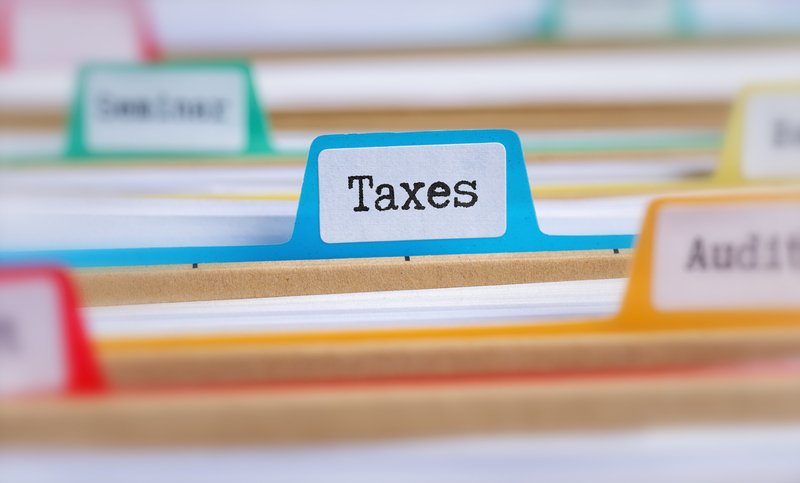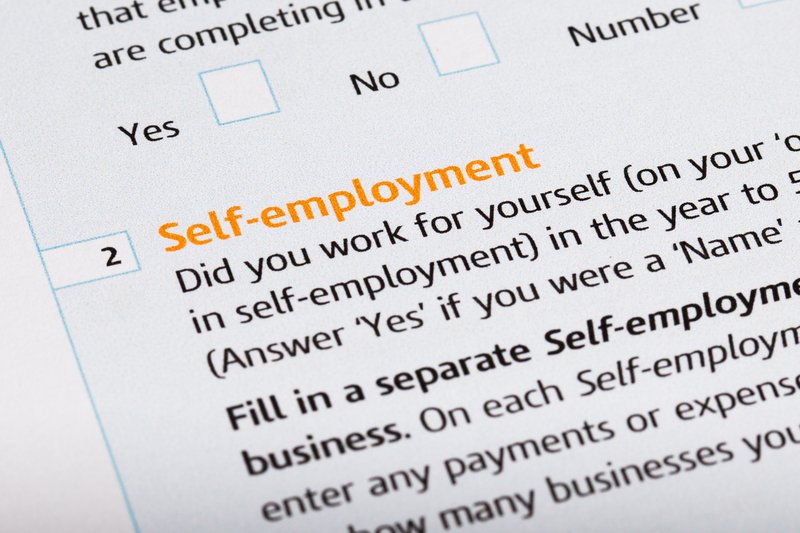If you’re starting a business as a limited company, it’s important to understand your tax responsibilities as a company director and not leave everything to your accountant.
Here is our overview of the primary taxes you’ll encounter as a limited company owner, with links to detailed guides for further insights.
This guide applies to limited companies only. If you’re a sole trader (self employed), read this guide to self employed tax.
This guide has been updated for the 2025/26 tax year
Corporation Tax
Corporation Tax is a tax on limited companies’ taxable income or profits. It applies whether profits are derived from trading, investments, or the disposal of chargeable assets.
For Corporation Tax, companies calculate their tax liabilities and pay the calculated tax to HMRC without prior assessment.
Payment of Corporation Tax is due nine months and one day after the company’s “normal due date” – usually the last day of your annual accounting period.
Missing your deadline can result in penalties and interest on overdue tax, so timely filing and payment are essential.
What are the current rates of Corporation Tax?
The rates of Corporation Tax increased in April 2023.
- 19% on profits up to £50,000.
- 26.5% on profits between £50,000 and £250,000.
- 25% on profits above £250,000.
Read our guide to Corporation Tax.
Value Added Tax (VAT)
Value Added Tax (VAT) is a tax on the final consumption of certain goods and services in the home market but is collected at every stage of production and distribution.
Therefore, most business-related goods and services will be subject to VAT. There are several UK VAT rates, the standard rate being 20%.
Other rates include the reduced rate of 5% for certain goods and services and the zero rate for specific items like books and children’s clothing.
VAT registration threshold
Free Tide Business Bank Account - £50 Cashback!

Open a free business current account to qualify + enjoy 12 months free transactions. Read our Tide review.
Companies should register for VAT if the value of their taxable supplies in a 12-month period exceeds the current VAT registration annual threshold of £90,000 (as of April 2025).
Businesses should also register for VAT if the predicted value of their taxable supplies in the next 30 days alone is expected to exceed the annual VAT threshold.
It is important to remember that turnover is the amount of money going through the business, not just the profit.
Voluntary VAT registration is also an option for companies below the threshold if they want to reclaim VAT on purchases or appear larger and more established (and possibly more professional) to clients.
Flat Rate VAT Scheme
Alongside the main VAT rules, some small businesses may be better off by operating within the flat rate VAT scheme which has been running since 2002.
Instead of paying HMRC the total VAT charged on invoices minus any input VAT you may reclaim, you charge a fixed percentage of your gross turnover and pay that amount to HMRC each year.
VAT returns and payment
All VAT-registered businesses must submit their VAT returns online and electronically pay any outstanding tax. You can submit your VAT returns direct to HMRC if you use accounting software such as FreeAgent and Xero.
For the full details, read our guide to Value Added Tax (VAT).
National Insurance
National Insurance is a deduction from earnings, originally set up to fund various State benefits such as the NHS, the State pension, and other welfare-related schemes. In reality, it is just another tax.
If you are a director of a limited company, you are an ’employee’ of the company. You are, therefore, liable to pay Class 1 NICs on your earnings. The limited company must also pay Class 1 NICs as your ’employer’.
Employment Allowance
All companies employing staff may be able to benefit from the Employment Allowance.
Under this scheme, employers can reclaim up to £10,500 in Employers’ NICs, which represents a significant tax break for businesses with employees. The 2024/25 tax year threshold was £5,000.
Check your eligibility carefully, as some businesses (e.g., single-director companies) may not qualify.
Read more in our guide to National Insurance Contributions.
PAYE
Pay as you earn (PAYE) is a scheme operated by HMRC that deducts income tax and NICs from employees as they earn income.
If you run a limited company and draw a salary, then you are an employee (even if you are a director).
You need to understand PAYE and your obligations as an employer. It’s a complicated subject with many rules, and you would be well advised to get professional advice on your particular situation.
All payroll data is submitted to HMRC in ‘real time’ rather than simply at the end of each tax year.
For more details, read our overview of PAYE.
Stamp Duty
Businesses may have to pay Stamp Duty for transactions involving the transfer of land, grants of leases, or chargeable securities such as shares.
- Stamp Duty Land Tax (SDLT): applies if you rent or buy premises.
- Stamp Duty Reserve Tax (SDRT) applies when purchasing shares or other securities.
Read our guide to Stamp Duty for more information.
Capital Allowances
The system of tax relief on investment in business equipment can be complicated.
As a rule of thumb, when your company makes a significant investment in capital equipment, it cannot normally set the entire purchase cost against that year’s profits. Exceptions include:
- Annual Investment Allowance (AIA): Allows companies to deduct 100% of qualifying expenditure on certain assets, up to £1 million.
- Enhanced reliefs for environmentally friendly or energy-efficient assets.
The cost of buying more expensive items is written off against company profits over a number of years, using the Capital Allowances System.
Capital Gains Tax (including BADR)
A company pays Corporation Tax rather than CGT if it makes a profit (‘gain’) when it sells all or part of a business asset. This can include gains from the disposal of land, equipment, and shares.
However, individuals pay CGT if they profit from the sale of shares in your business or an entire business (subject to meeting eligibility criteria).
The Business Asset Disposal Relief (BADR) scheme allows business owners to pay a reduced rate of 10% on business disposals up to a lifetime allowance of £1 million.
The BADR rate will increase from 10% to 14% in April 2025, and to 18% in April 2026.
Business Rates
Just as you pay council tax on your home, your company might be liable to pay business rates for its premises. Your local council administers the system and is responsible for collecting the tax.
If your business is eligible for business rate reliefs, such as small business rates relief, your liability final bill will be reduced – and sometimes you will not have to pay rates at all.
Find out in our guide to business rates.










